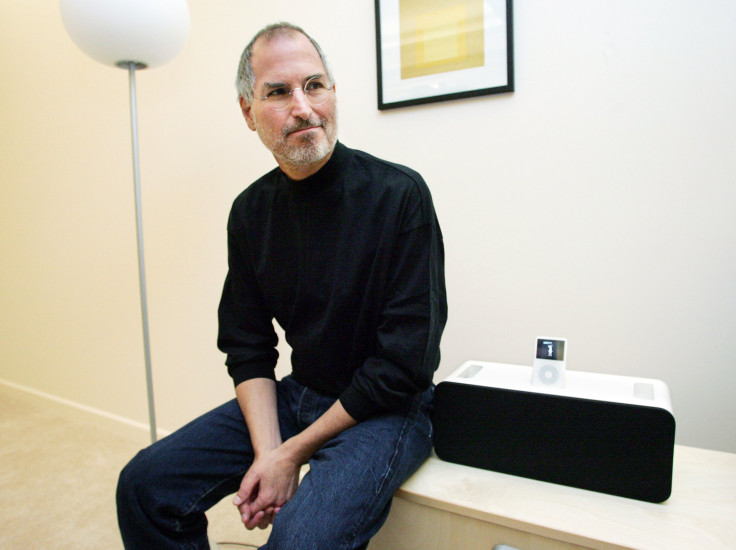iPod Antitrust Case: 5 Ways Apple Has Changed Since 2006

Apple will take a trip down memory lane Tuesday as it defends itself in an iPod-related antitrust case that’s nearly a decade old. The class-action lawsuit accuses the Cupertino giant of driving up the cost of owning an iPod between 2006 and 2009 by preventing consumers from uploading digital music not purchased from iTunes onto their players.
The timing is ironic. Apple discontinued the iPod earlier this year, and its iTunes music sales have been sliding of late. In fact, the entire tech and music landscapes are in a far different place from they were just eight years ago. Here’s five ways Apple and the world of music have changed since 2006.
1. No iPhone then, no iPod now: In 2006, the iPod was one of Apple’s flagship products. The company used its popular music player to introduce new consumers to its computers. A year later, Apple introduced the first iPhone, and over time the device rose to be the most important part of the company’s product lineup. With an iPod app included in all iPhones, Apple’s smartphone cannibalized sales of the music player and made it obsolete. Apple finally retired the iPod in September.
2. Steve Jobs was still in charge: Apple co-founder Steve Jobs was just entering his prime as CEO in 2006. Jobs had successfully revived Apple after its turbulent time in 1990s, but he had yet to introduce the iPhone, the iPad or even the Apple TV.
You could say Tim Cook is at a similar stage in his tenure as Apple CEO. Cook appears to have successfully weathered the aftermath of Jobs’ death in 2011 but he did not introduce a single new product line until this fall, when the company announced the Apple Watch. Cook’s legacy may start to take shape once the wearable device goes on sale next year.
3. iTunes was hot then, cold now: Apple proudly boasted the one billionth sale of an iTunes song in early 2006, a huge feat for the three-year-old service considering the music industry had been hit hard by online piracy just a few years earlier. But these days, it’s Apple whose music sales need saving.
Rather than buying songs one by one off iTunes, consumers are turning to subscription services like Spotify for their jams. That’s led to a 13 to 14 percent drop in music sales since the start of 2014 for Apple, according to the Wall Street Journal. But Apple is hoping to bounce back. Through its $3 billion purchase of Beats earlier this year, Apple acquired the streaming service Beats Music, and recent reports say the company’s got big plans for it next year.
4. Apple now gives users more choices -- on some things: In 2006, Apple limited iPod owners to buying music from iTunes as a way to thwart the threat of Real Networks and the RealPlayer, a music manager that worked with the gadget up to that point. These days, Apple is much more open about giving users choices. For example, iPhone owners can listen to music from Spotify or Rdio on their devices as well as play movies and TV shows that they purchase from Amazon or Google. Apple even made it possible for iPhone and iPad owners to replace the default touchscreen keyboard with those made by third-party developers when it released iOS 8 earlier this year.
But Apple hasn’t completely changed its ways. The Apple Watch, for example, will only work by connecting with recent iPhones. Tough luck, Android owners.
5. Apple loved U2 then, Apple loves U2 now: Some things never change. In 2006, Apple introduced a special U2 edition of its fifth-generation 30 GB iPod. The device featured a sleek design that included a red click-wheel and a black shell with the autographs of U2’s members engraved in the back. Those willing to dish out $329 for the U2 iPod also received 30 minutes of exclusive U2 videos.
Apple continued its love affair with the Irish band in 2014 by exclusively launching their latest album through iTunes and Beats Music. The U2 stunt was poorly received this time around as Apple imposed the album on users’ Macs, iPhones and iPods without asking permission. Fortunately, no one was forced to actually pay for it.
© Copyright IBTimes 2024. All rights reserved.












